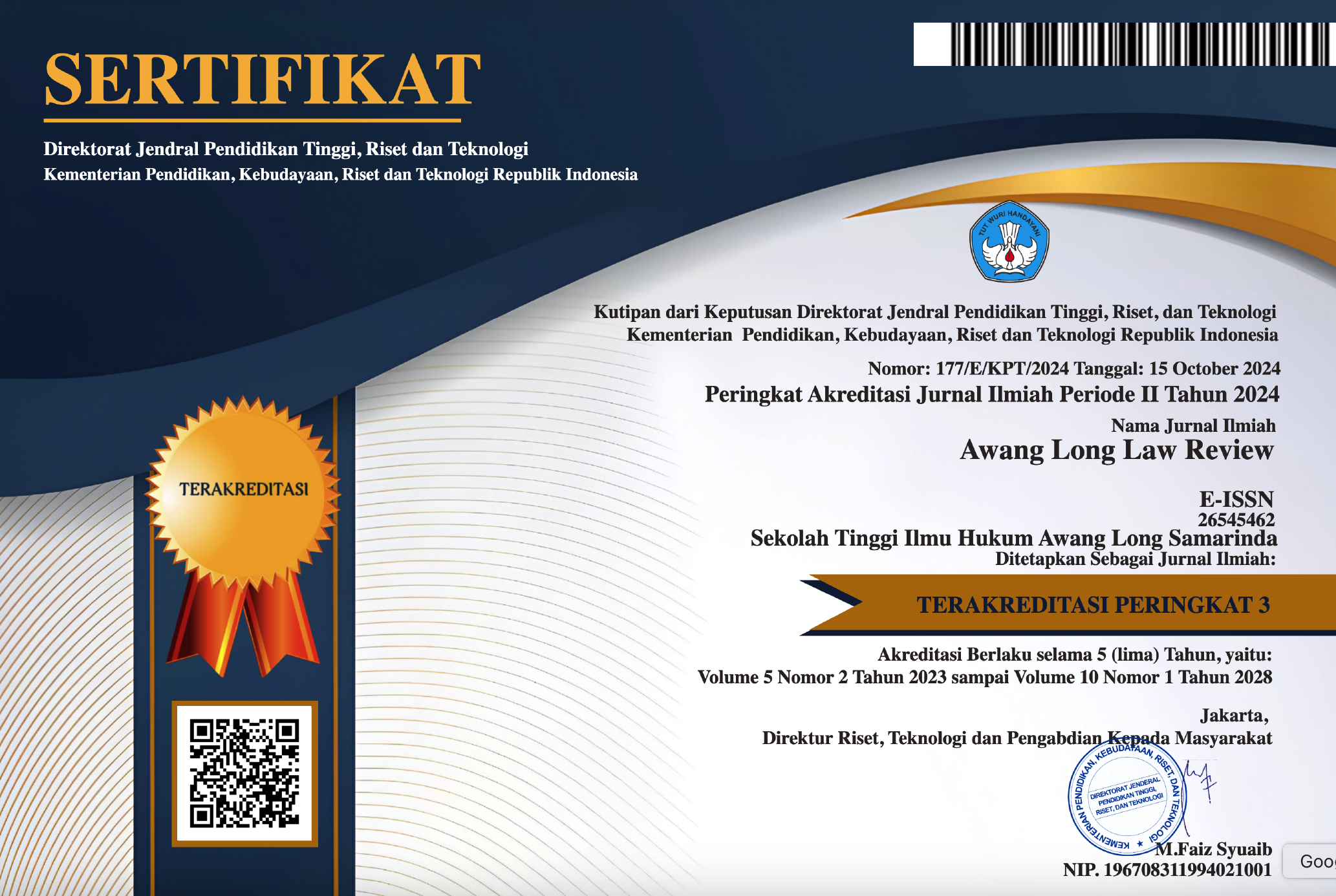COMPARISON OF THE DEATH PENALTY FOR PERPETRATORS OF CORRUPTION IN INDONESIA, MALAYSIA AND SINGAPORE
Abstract
Corruption is a serious, organized crime that has caused serious problems and threats. The purpose of this study to analyze the regulation of corruption in Indonesia, Malaysia and Singapore, find out and analyze the comparison of the death penalty for corruption in Indonesia, Malaysia and Singapore and compare the efforts to prevent corruption in Indonesia, Malaysia and Singapore. The normative juridical research method is an approach based on the main legal material examining theories, concepts, legal principles, and regulations related to this research. This research included normative juridical research. In normative juridical research, law is conceptualized as a norm, method, principle, dogma. This type research uses a statute approach, which is analyze all laws and regulations relating legal issues that are discussed the research. In Indonesia, corruption more common in the central government from 2004 to 2021 there are many as 402 cases which are data by region, Malaysia scored 48 points out of 100 in the Corruption Perceptions Index 2021 reported by Transparency International, while Singapore the CPIB in 2018 managed to handle 80% of the cases are the majority from the private sector that 112 people were indicted the Court for criminal acts of corruption.
Downloads
Copyright (c) 2022 Awang Long School of Law

This work is licensed under a Creative Commons Attribution-ShareAlike 4.0 International License.







